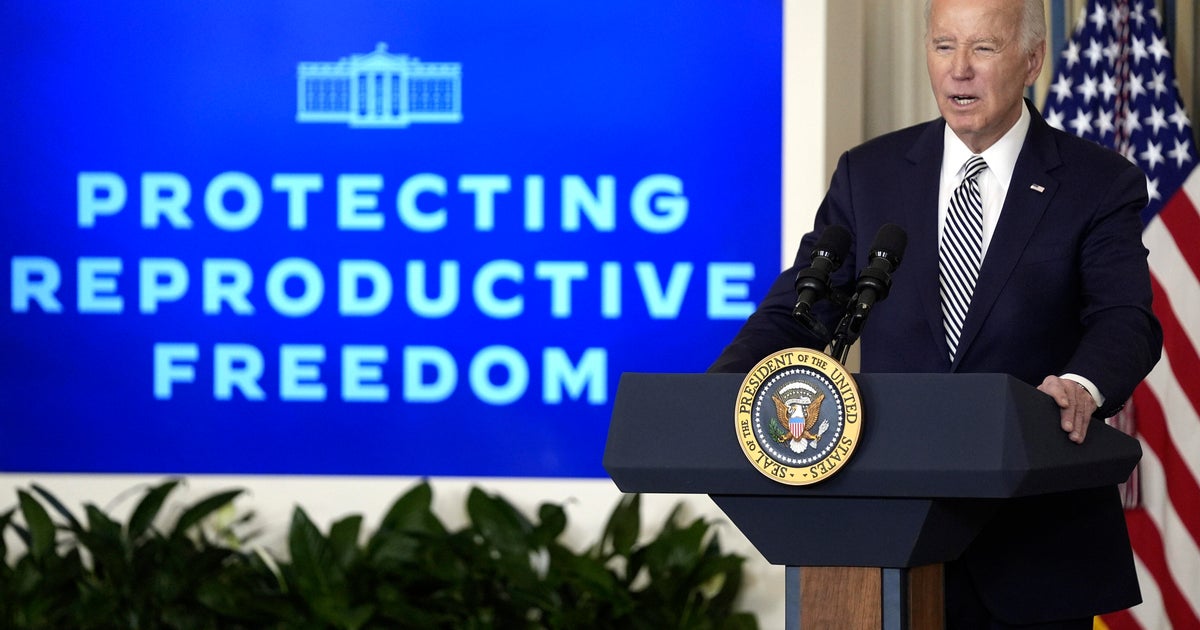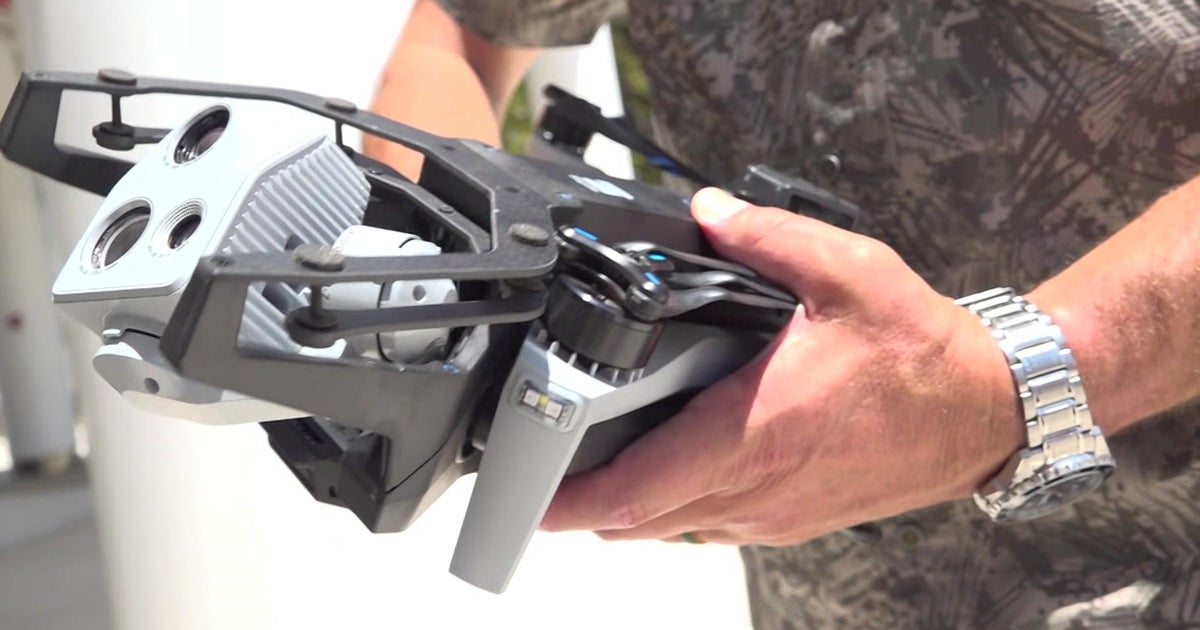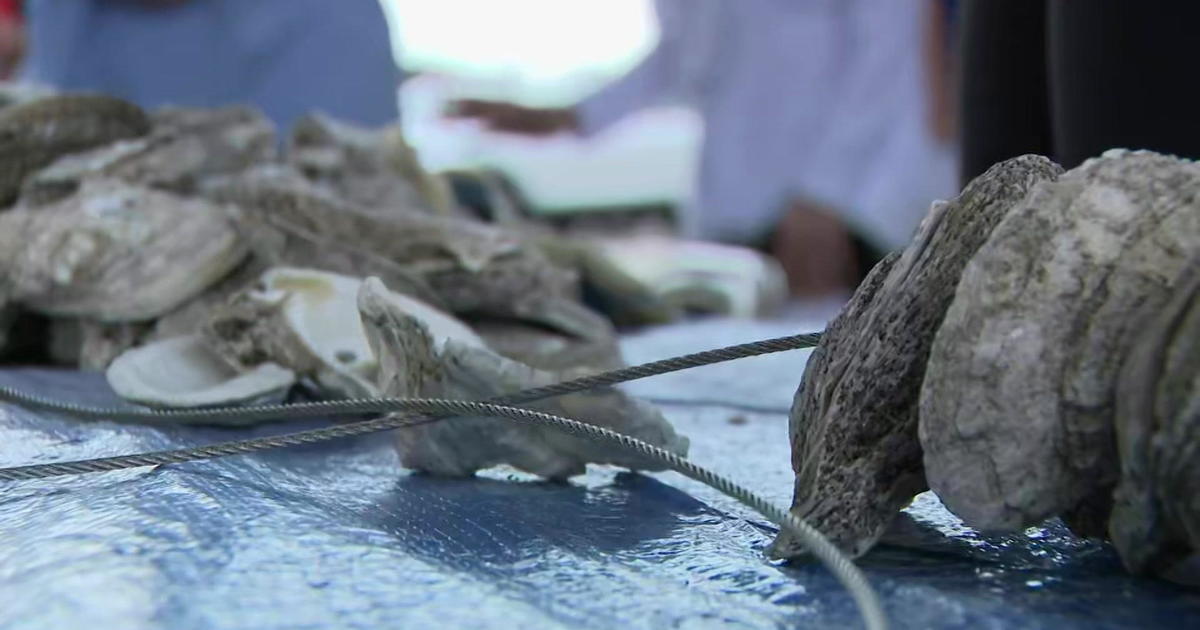Cuba Rejects President Trump's New Policy With Island Nation
Follow CBSMIAMI.COM: Facebook | Twitter
MIAMI (CBSMiami) -- Cuba's Foreign Minister on Monday rejected President Donald Trump's new policy toward the island, and refused to return U.S. fugitives who have received asylum in Cuba.
In a hard-edged response to the policy announced Friday, Foreign Minister Bruno Rodriguez Parrilla said from Vienna that Trump's restrictions on transactions with the Cuban military would not achieve their objective of weakening the government.
"President Trump's policy constitutes a setback in bilateral relations. The Cold War language prevailed in the ceremony that was attended by notorious terrorists," said Rodriguez Parrilla.
The foreign minister said the new policies would instead create unity behind the communist leadership.
"As it occurred in the past, the announced measures will not serve their intended purposes. Quite on the contrary, they will impose restrictions on citizens' freedoms. They will cost taxpayers more money. They will reduce the competitive opportunities of U.S. companies and business people and will cost the loss of profits and jobs," said Rodriguez Parrilla.
He said political refugees who had received asylum from the Cuban government would not be returned because the U.S. has no "legal or moral basis" to demand their return.
"Regarding the so called fugitives from the U.S. in Cuba, I can reaffirm that in the use of the national laws, of the international law and the Latin American tradition, Cuba has granted political asylum to fighters for civil rights from the U.S. Of course, these persons will not be returned to the U.S. There is no legal, political or moral basis to claim these persons," said Rodriguez Parrilla.
Related: 'We Challenge Cuba': Trump Changes Obama's Deal
Rodriguez's response Monday was a clear signal that there could be very little, if any, high-level U.S.-Cuba negotiation during Trump's time in office.
Already, while working-level meetings on topics such as search-and-rescue missions have taken place since Trump took office, no meetings between top diplomats have occurred.
It's a sharp contrast to Obama's last year, during which top U.S. and Cuban diplomats met regularly to discuss topics including law-enforcement cooperation and compensation for Americans whose property was taken during the 1959 Cuban revolution.
Despitoe the changes, Rodriguez Parilla reiterated they will continue a dialogue with the United States.
"We reiterate Cuba's willingness to continue the respectful dialogue and co-operation in areas of mutual interest and negotiate pending bilateral issues with the United States on the basis of equality and absolute respect for our sovereignty and independence," said Rodriguez Parrilla.



